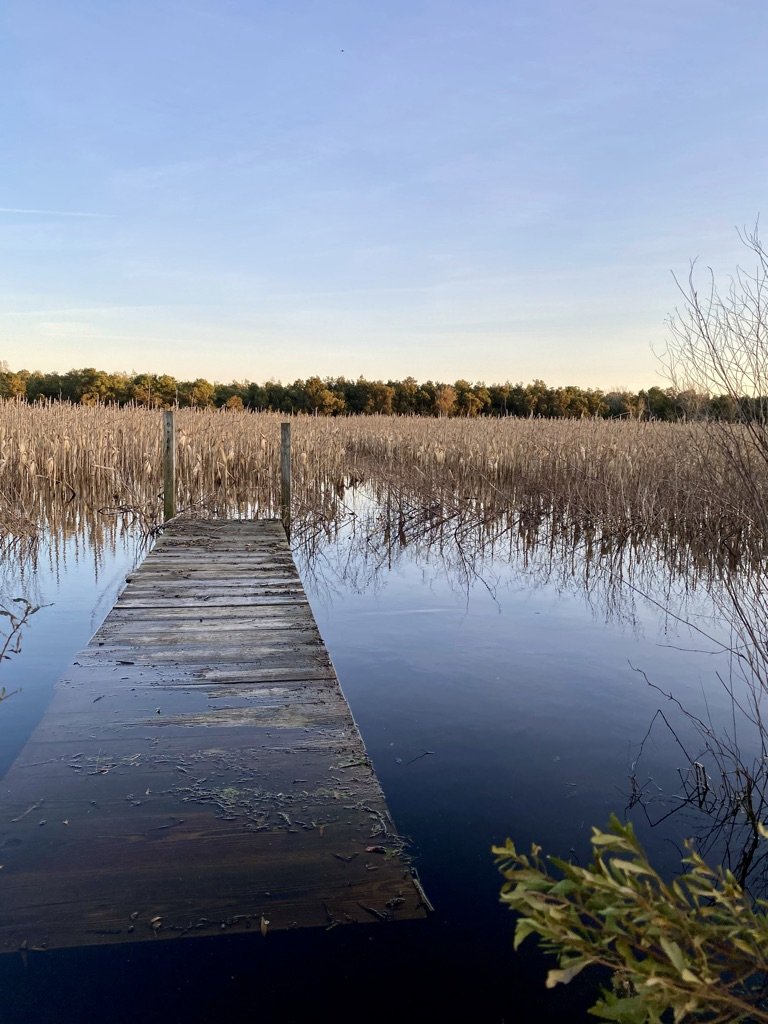This research brief written for FEMA’s Mitigation Matters program examines how homeowners are adapting to climate hazards in North Carolina, a state with one of the most climate-vulnerable shorelines in the country.
Waiting for Rain: Climate Change and Social Mobility in Rural Colombia
In this article I wrote for ReVista Magazine, I write about the intersection of climate change impacts and social mobility in rural Colombia.
In this paper co-authored with Raka Sen, we argue that the definition of adaptation should be broadened to include the small, incremental changes made in our daily lives to accommodate the shifting ecologies in which we live. Drawing on critical adaptation research and our own ethnographic fieldwork in the Global South, we define everyday adaptation as the shifted ways a person works, eats, lives and thinks in response to climate realities, rather than the hardening of coastlines or the relocation of vulnerable structures.
Ad Hoc Adaptation to Climate Change in Coastal Communities
Climate change disproportionately impacts coastal residents in the United States. How are homeowners adapting to climate hazards? This paper analyzes ethnographic and interview data from 100 households in two coastal counties in North Carolina. Results show that homeowners recognize climate hazards and regularly adapt on their own within the context of institutionally maintained flood protection infrastructure and transportation access to the places where they live.
Women on the Move in a Changing Climate: A discussion of gender, climate, & mobility
I contributed to this report by UN Women and the Sierra Club on gender, climate, and mobility. In this report I write about women’s adaptive migration during drought in Colombia.




